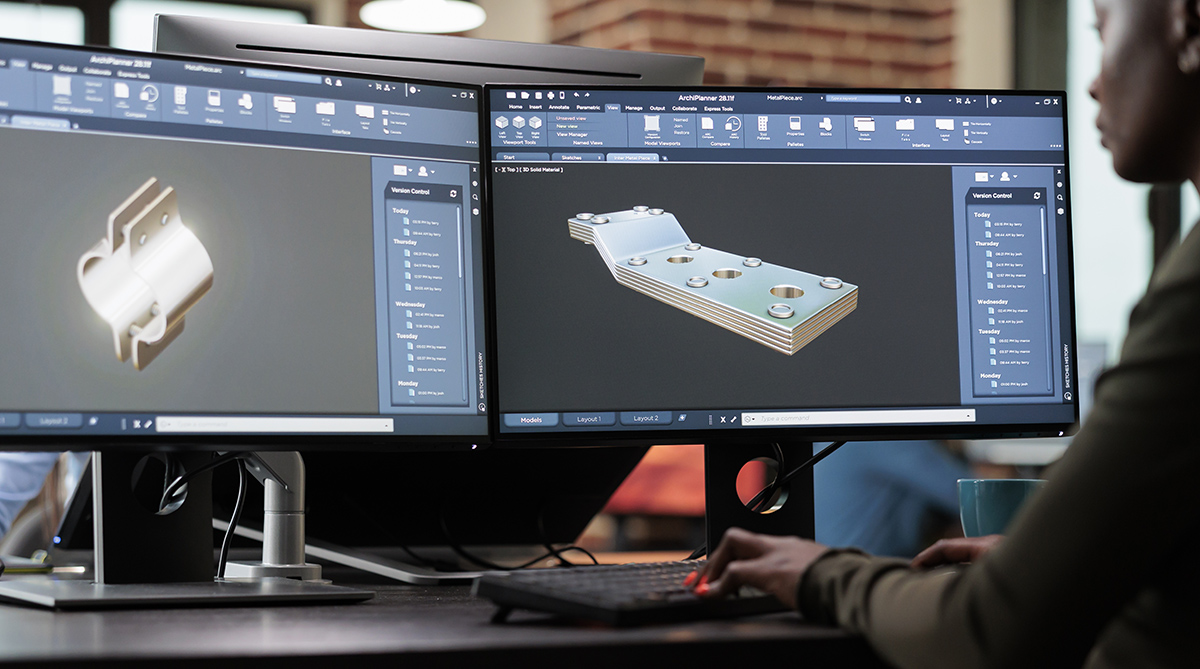
Art CAM
Scope:
Module 1: Introduction to Art Cam
- Understanding the purpose and capabilities of Art Cam software
- Exploring the interface and navigation tools
- Setting up preferences and workspace customization
Module 2: 2D Design Fundamentals
- Working with basic shapes, lines, and curves
- Utilizing drawing and editing tools
- Applying colors, gradients, and patterns to designs
Module 3: Advanced 2D Design Techniques
- Creating complex shapes and patterns
- Using vector editing tools for precision and refinement
- Incorporating text and typography into designs
Module 4: Introduction to 3D Modeling
- Understanding the principles of 3D modeling
- Creating and manipulating 3D objects
- Applying textures and materials to models
Module 5: Advanced 3D Modeling Techniques
- Designing intricate 3D models with complex geometry
- Incorporating sculpting and carving features
- Exploring advanced texturing and lighting effects
Module 6: Toolpath Creation and Machining
- Generating toolpaths for CNC machines
- Configuring machining parameters and strategies
- Simulating and validating toolpaths for accuracy
Module 7: Project-based Learning
- Applying Art Cam skills to real-world projects
- Creating custom designs for signage, jewelry, and woodworking
- Troubleshooting common issues and optimizing workflow
Module 8: Optimization and Output
- Optimizing designs for efficient machining
- Exporting designs for various output formats
- Collaborating with other software and hardware tools
Module 9: Art Cam and Digital Fabrication Integration
- Integrating Art Cam with other digital fabrication software
- Exploring compatibility with CNC routers, laser cutters, and 3D printers
- Strategies for workflow automation and batch processing
Module 10: Project Showcase and Final Assessment
- Showcasing your mastery of Art Cam through a final project
- Receiving feedback and guidance from instructors
- Assessing your skills and setting goals for continued growth
Who Will Benefit From This Course?
- Engineering students who want to gain practical skills and a competitive edge in their studies and future careers.
- Entrepreneurs and hobbyists interested in prototyping and bringing their design ideas to life.
- Professionals in various industries, including automotive, aerospace, consumer goods, and manufacturing, who can benefit from NX proficiency in their roles.
